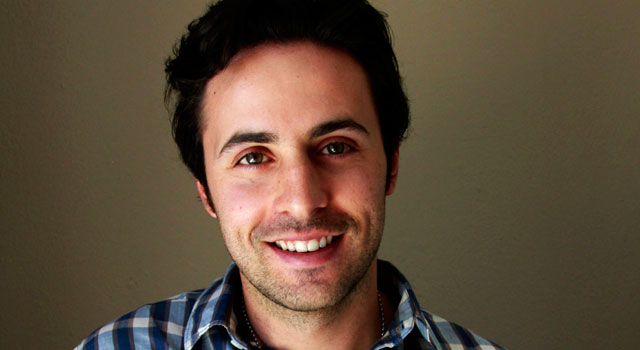
Seed Engine, a new start-up accelerator based in Johannesburg has received more than 300 applications for its three-month start-up accelerator programme and chosen six teams of entrepreneurs to benefit from its start-up “boot camp”, which offers mentoring and a shared workspace in Sandton.
“At the end of the programme, teams will get to present to investors for funding,” explains Seed Engine CEO Marc Elias. Some projects are already getting interest from investors, even though the programme only ends on 3 May.
The model is simple: prospective participants pitch to Seed Engine online and if selected for a boot camp, participants receive R100 000 in start-up capital in exchange for 20% of their equity.
“We’re trying to create hype around start-up investment in South Africa,” Elias says. “There’s been a dearth of local tech start-ups.”
According to Elias, it’s impossible to place a value on a start-up that’s in the accelerator phase and the R100 000 is simply there to encourage innovation and rapid growth rather than a reflection of what each venture is actually worth.
“We need to get [the start-ups] to innovate around less seed capital rather than more and exhibit innovation at demo day when investors will be present for a second round of funding.”
Elias believes accelerators should not be mistaken for incubators in that the latter tend to nurture businesses that are unlikely to fail while the former requires a far higher risk appetite.
“An incubator is looking for a sustainable tenant. We’re looking for a sustainable business and are willing to take risk,” he says. “Incubators are going to look at their ability to pay rent. They do have a place but they’re not going to take on anything that’s not going to work. Incubators are about management. There’s a place for that, but that place is not Seed Engine.”
Though Seed Engine’s focus is on the technology space, Elias says he wouldn’t call the company a purely tech accelerator. “If we see something that we think would fit our low-capex, high-scale environment, we’d take it on. We’re looking for disruptive solutions, and those can be hardware or software based.
“We’re not looking for the guy who wants to start a hotdog stand down the road, but we are looking for someone who wants to build a machine that can make sausages cheaper and faster and better than anyone’s done it before.”
The companies that Seed Capital has taken on in the first round are an online brand protection and authentication business called IntelliCred; online peer shopping network Cirqls.com; social education network After-Class; mobile document aggregator service Zehoo; online restaurant discovery service ChowHub; and restaurant optimisation service OnQ.
Seed Engine has now begun taking applications for its second accelerator programme, which will start midyear. It’s also looking for partners to join the companies involved in round one.
“There’s great value in having someone next to you,” Elias says. “Having a co-founder doesn’t double your efficiency, it triples it at least. Some of the businesses we took on are one-person ventures, but we want to find them suitable partners.”
Elias says often there are people looking to get into the start-up scene who lack the necessary ideas, while there are others with ideas who lack the business acumen. Seed Engine wants to bring these people together.
Seed Engine is also creating the Seed Institute, to serve as an training school for entrepreneurs and, where appropriate start-ups emerge from it, a pipeline for the accelerator.
Those looking to apply to Seed Engine need to be able to demonstrate something tangible, according to Elias. “Whatever the idea is, unless you can show us you can execute it and that you’re committed to it with an alpha or a beta of your product or service, we’re probably not going to take you on.”
Elias is nothing if not confident: “We want Seed Engine to be synonymous with start-up culture in South Africa.” — (c) 2013 NewsCentral Media

